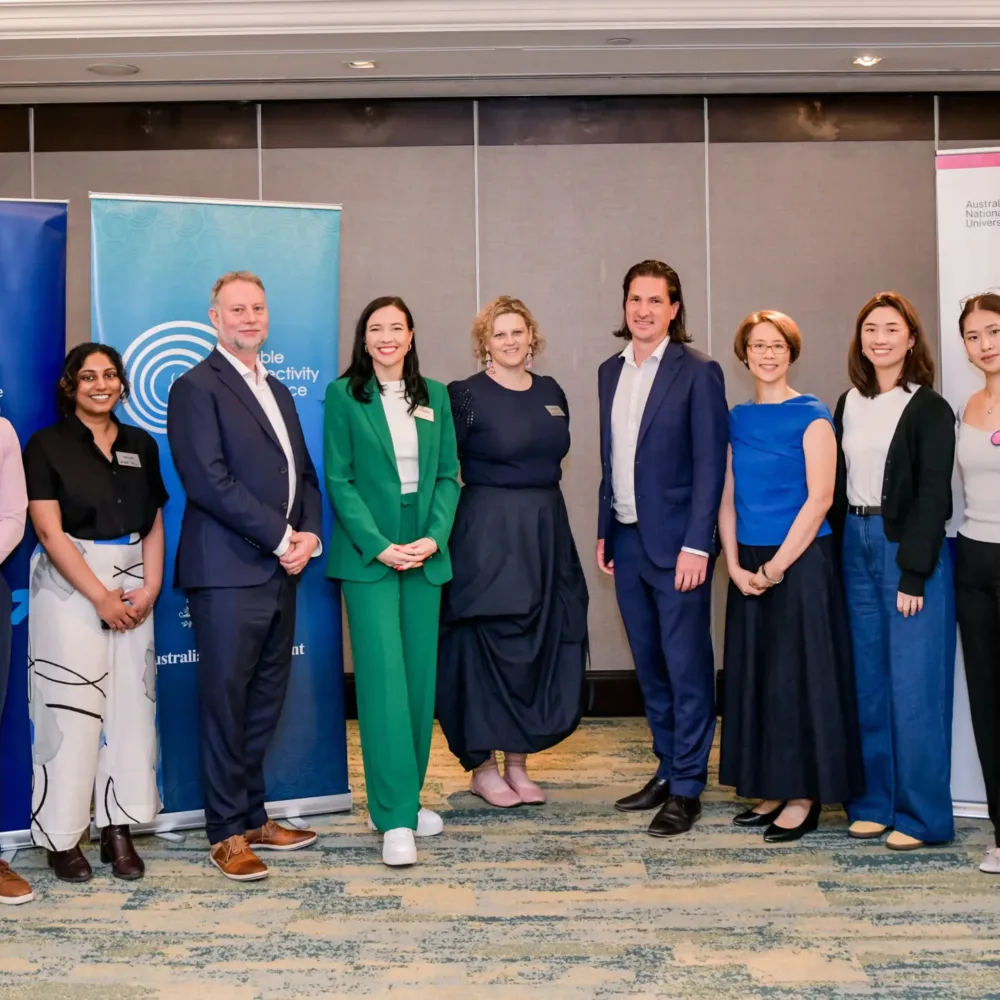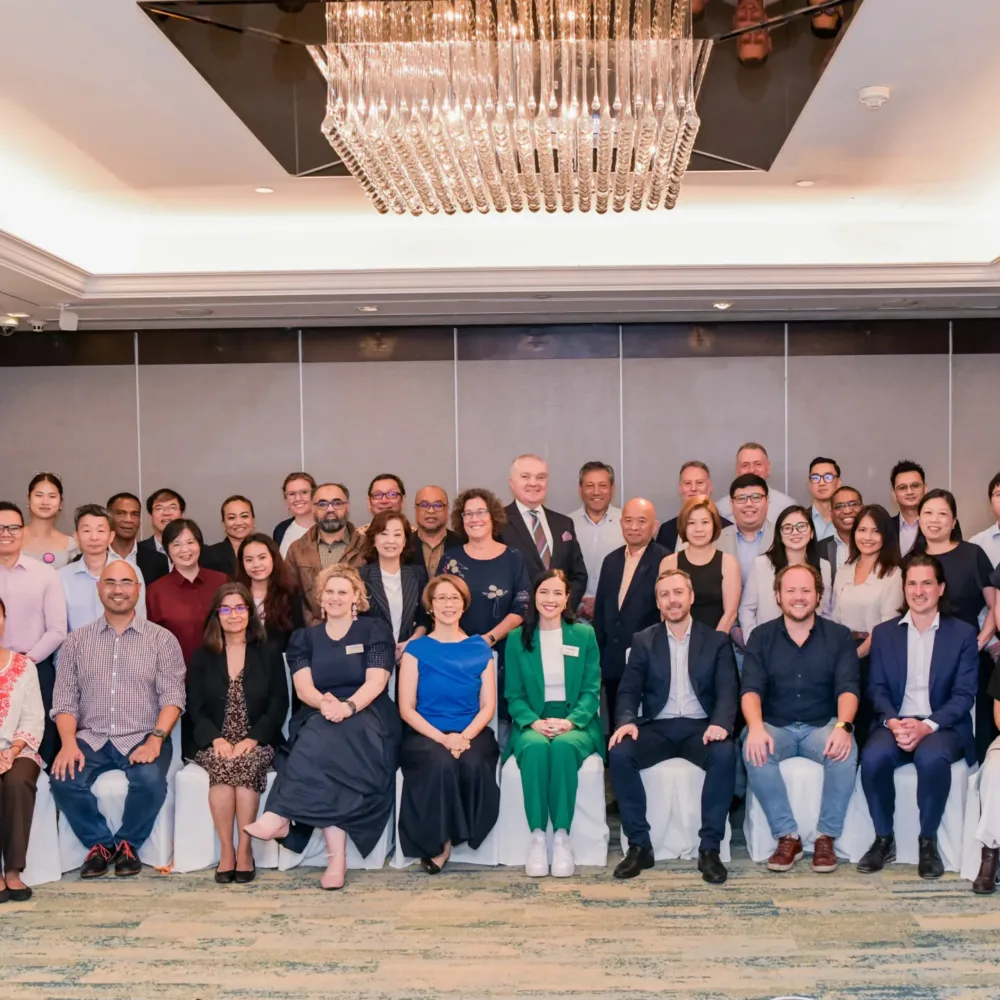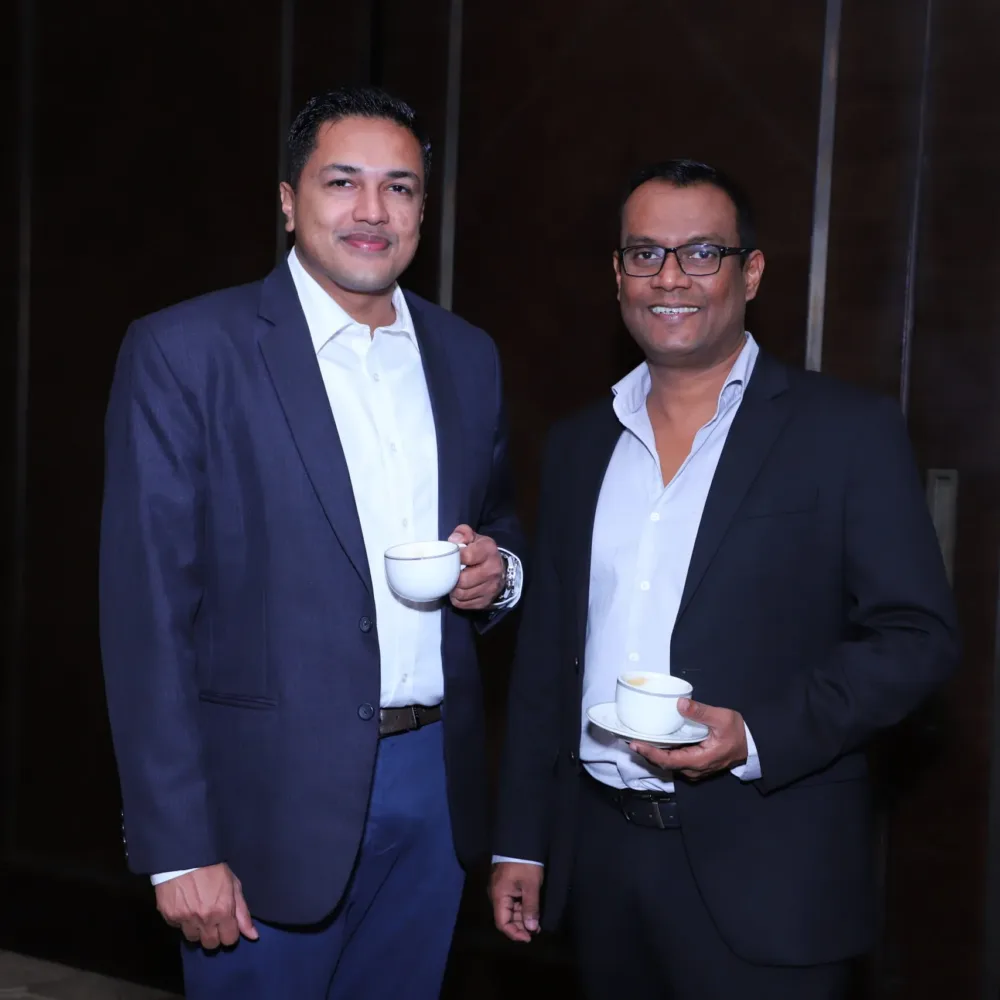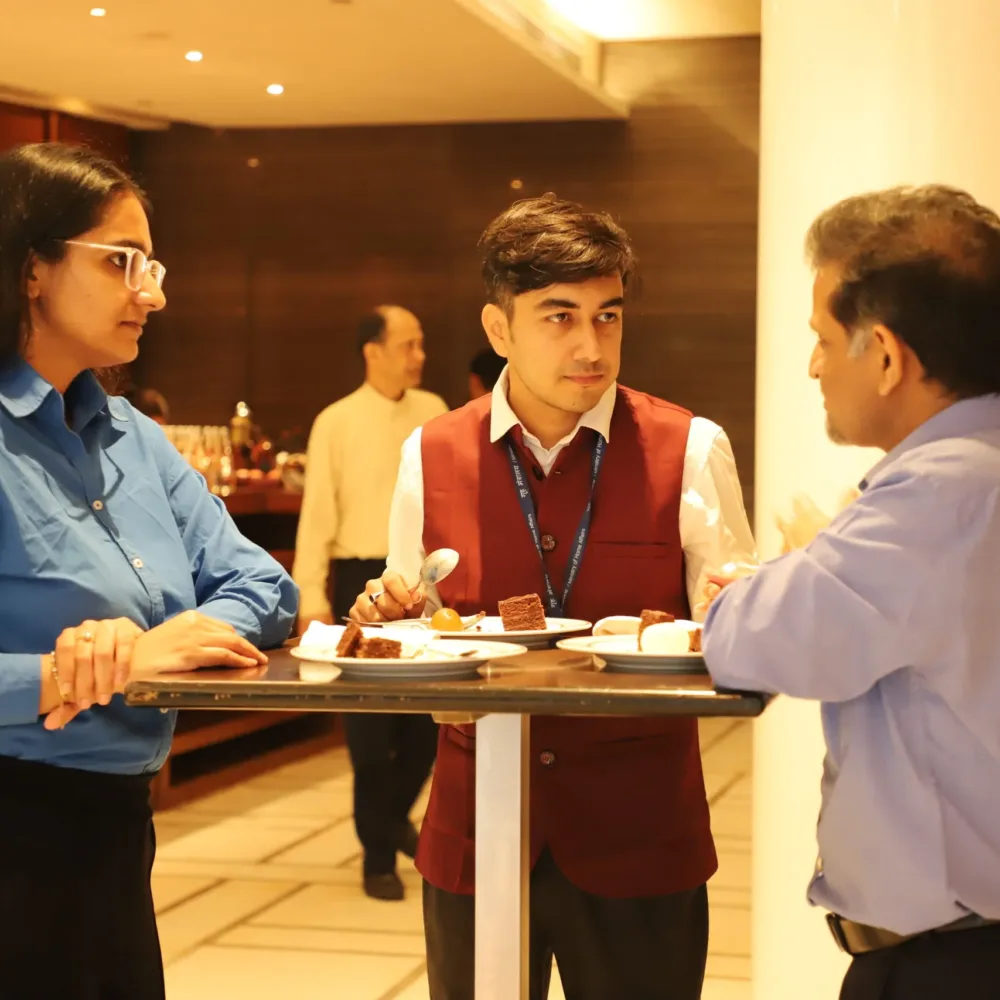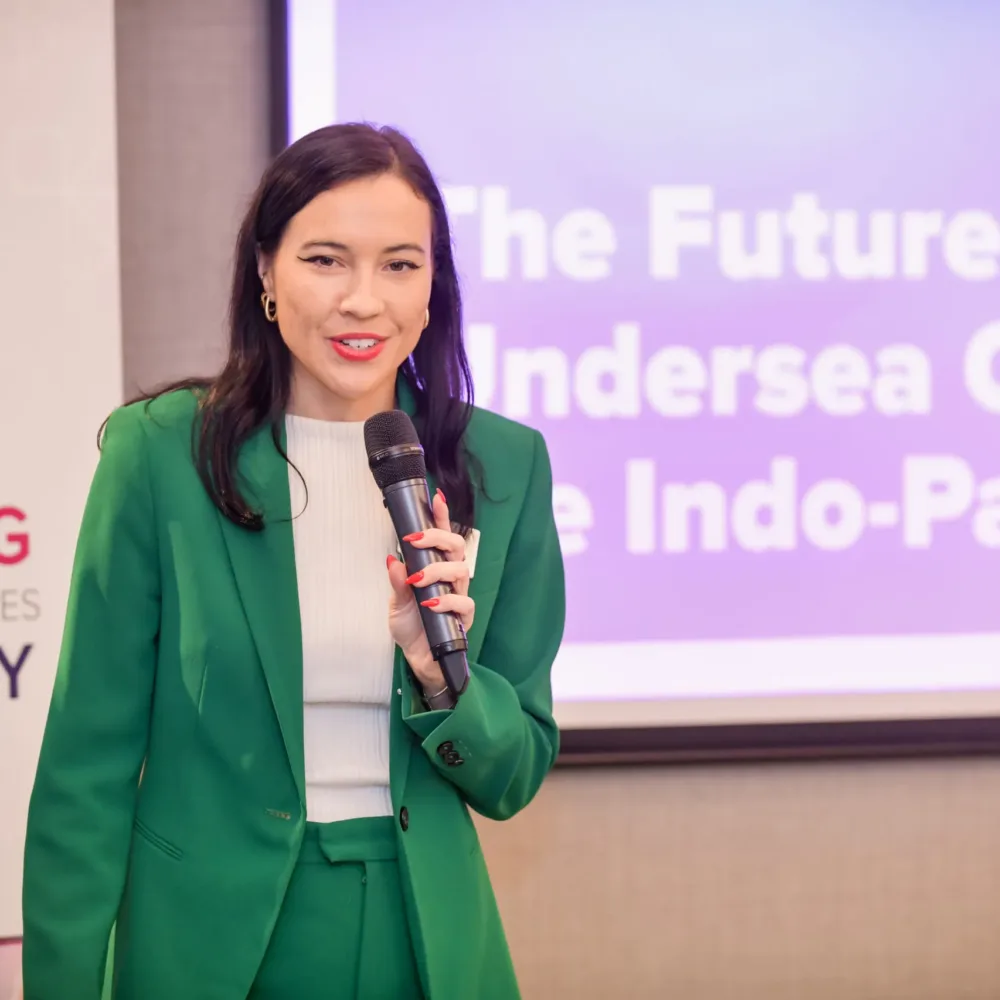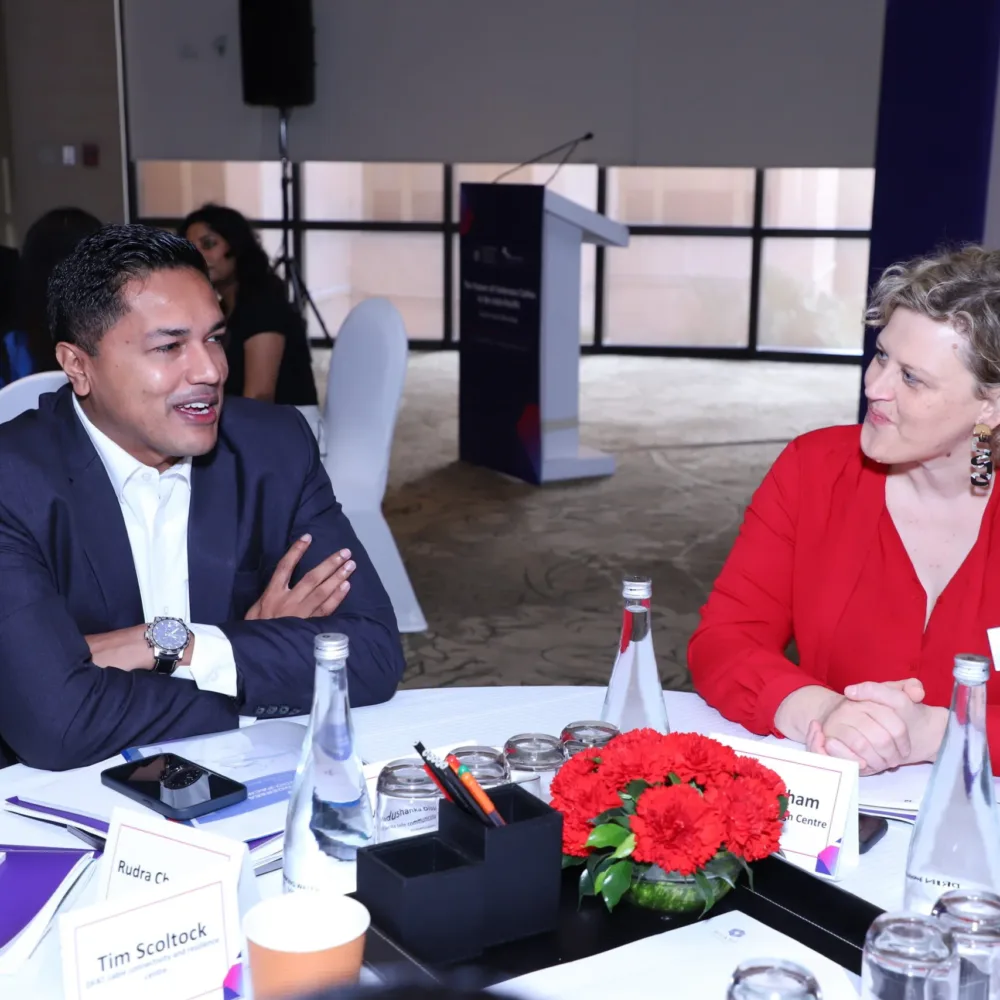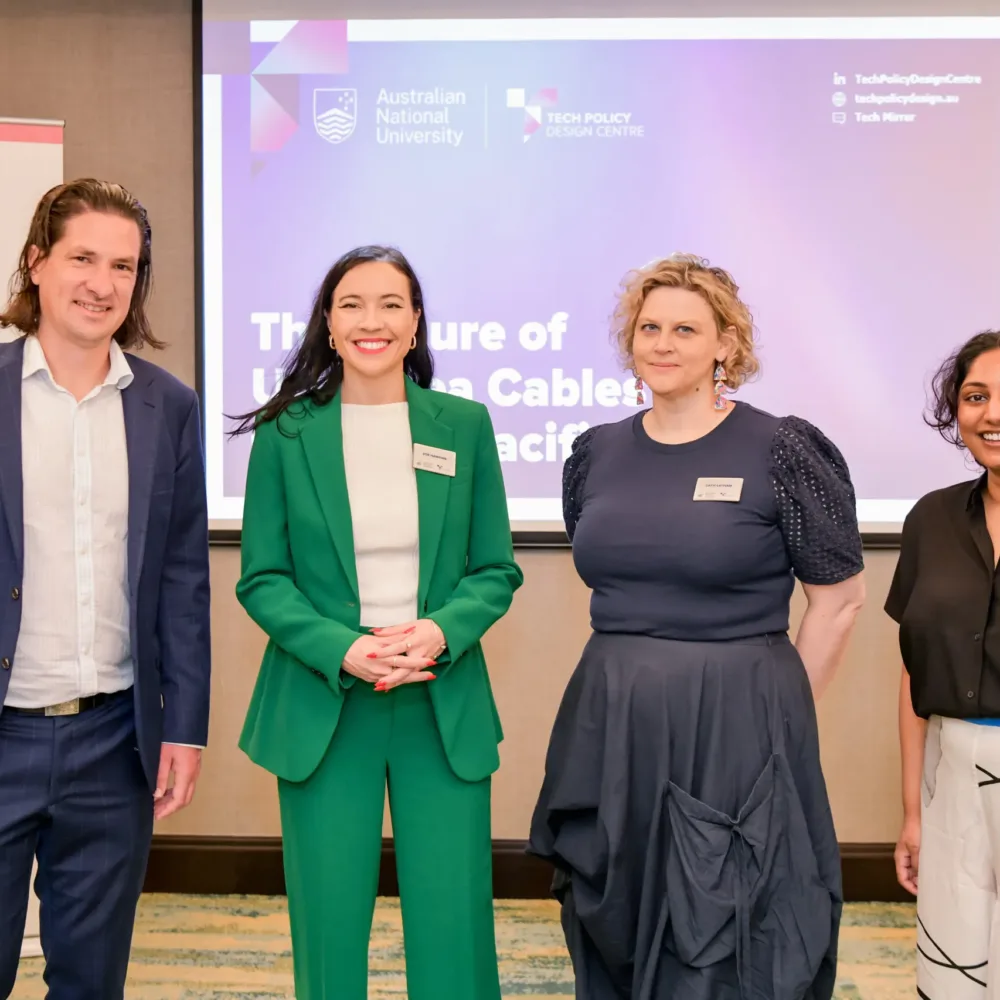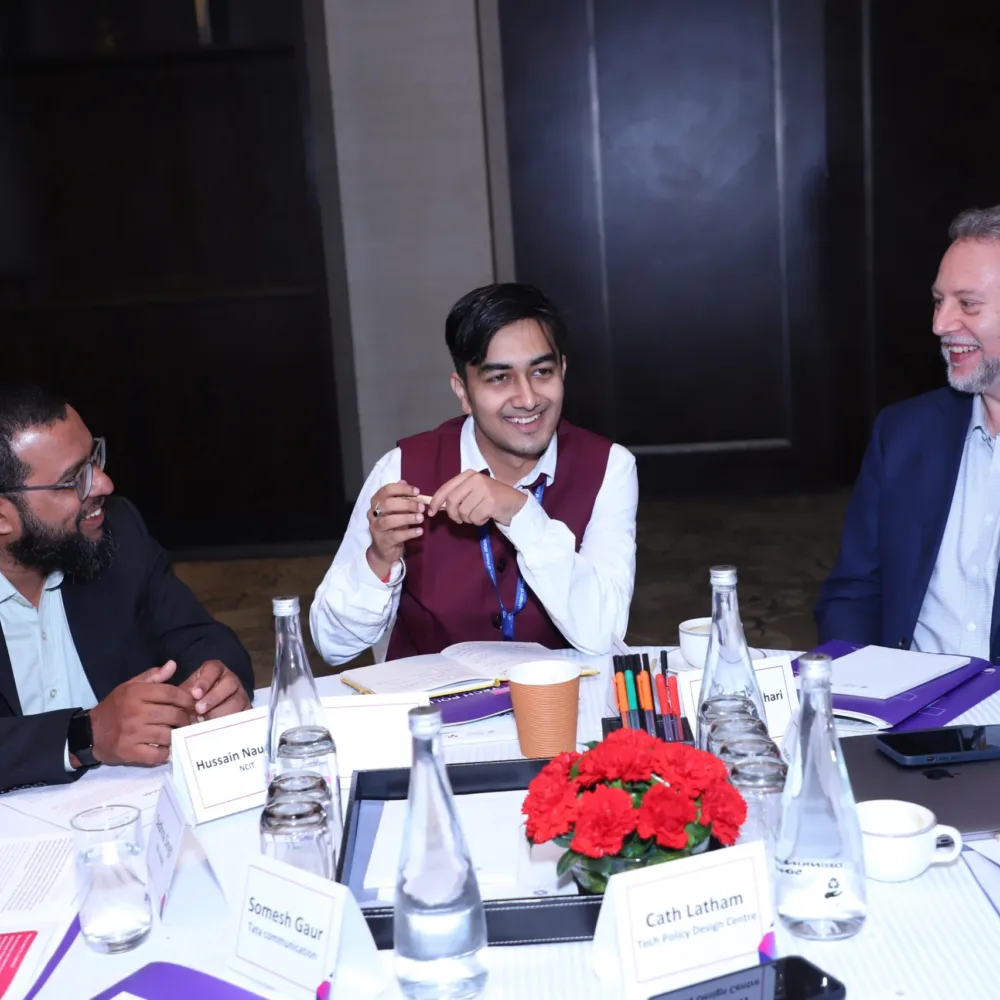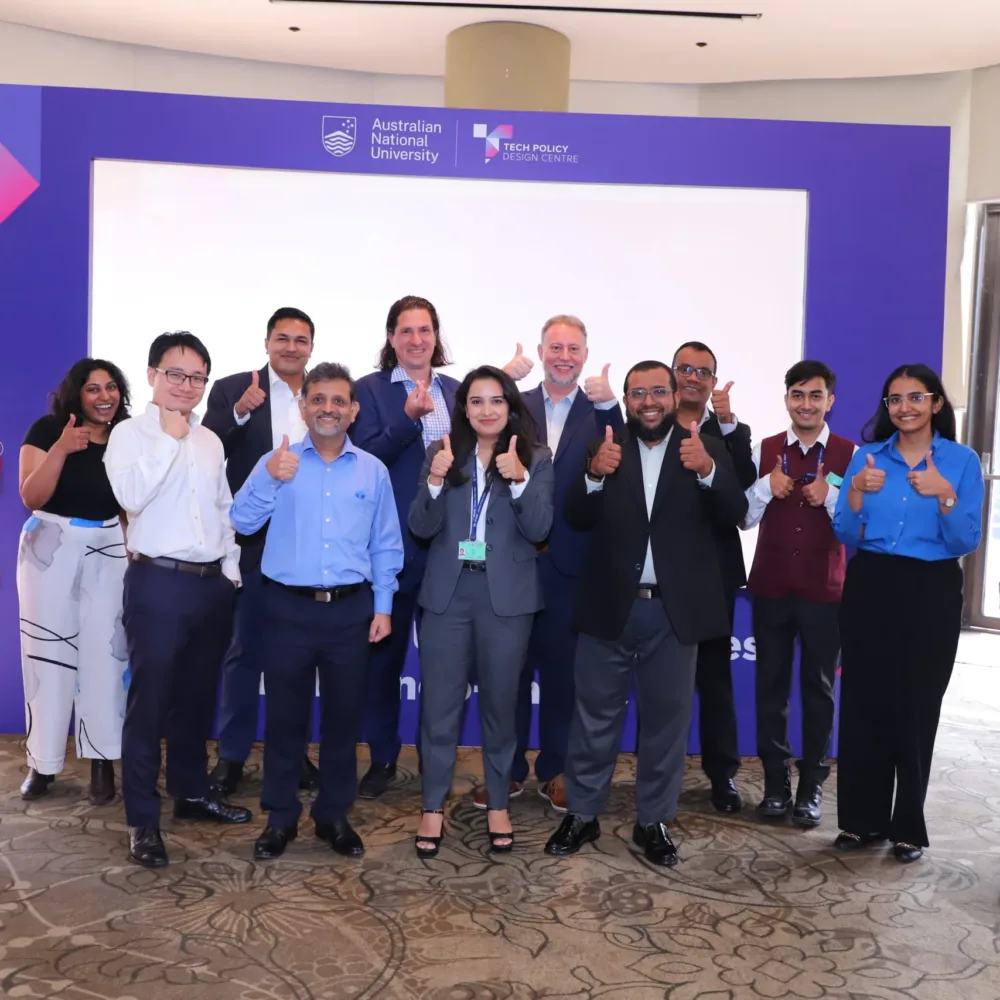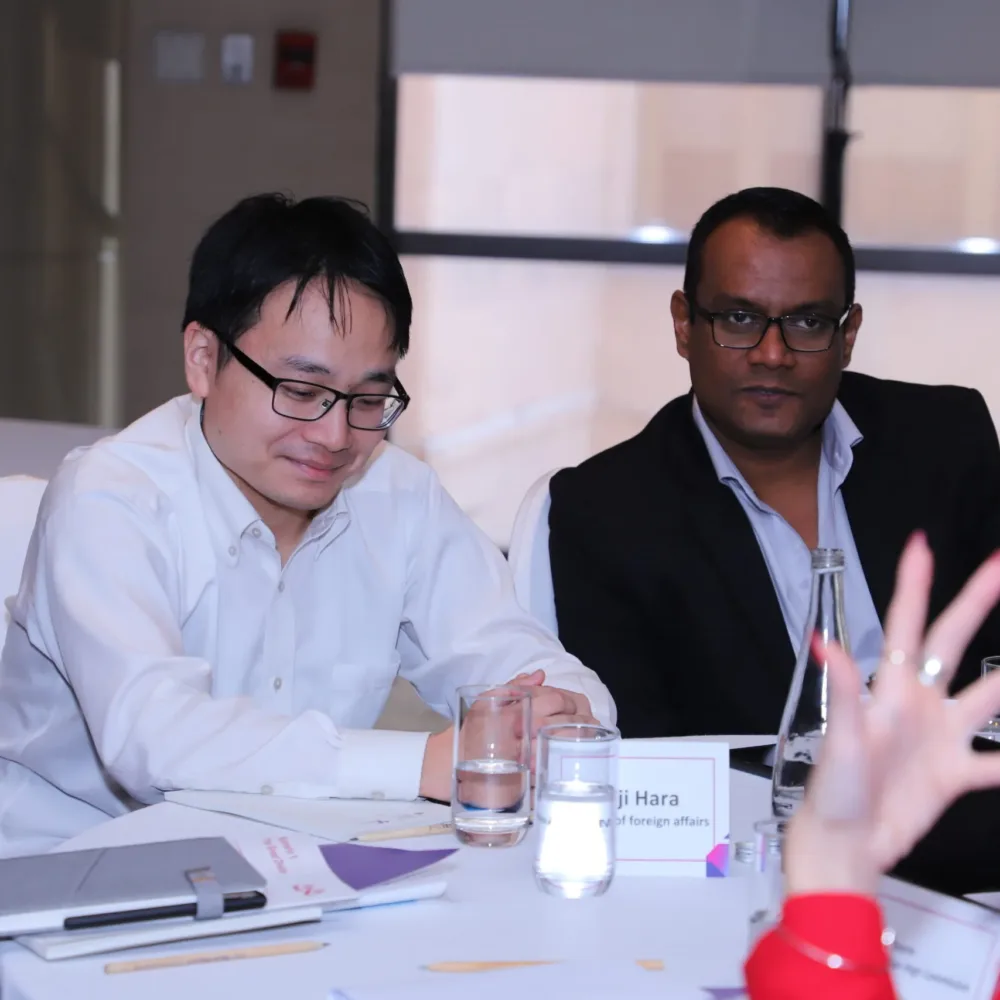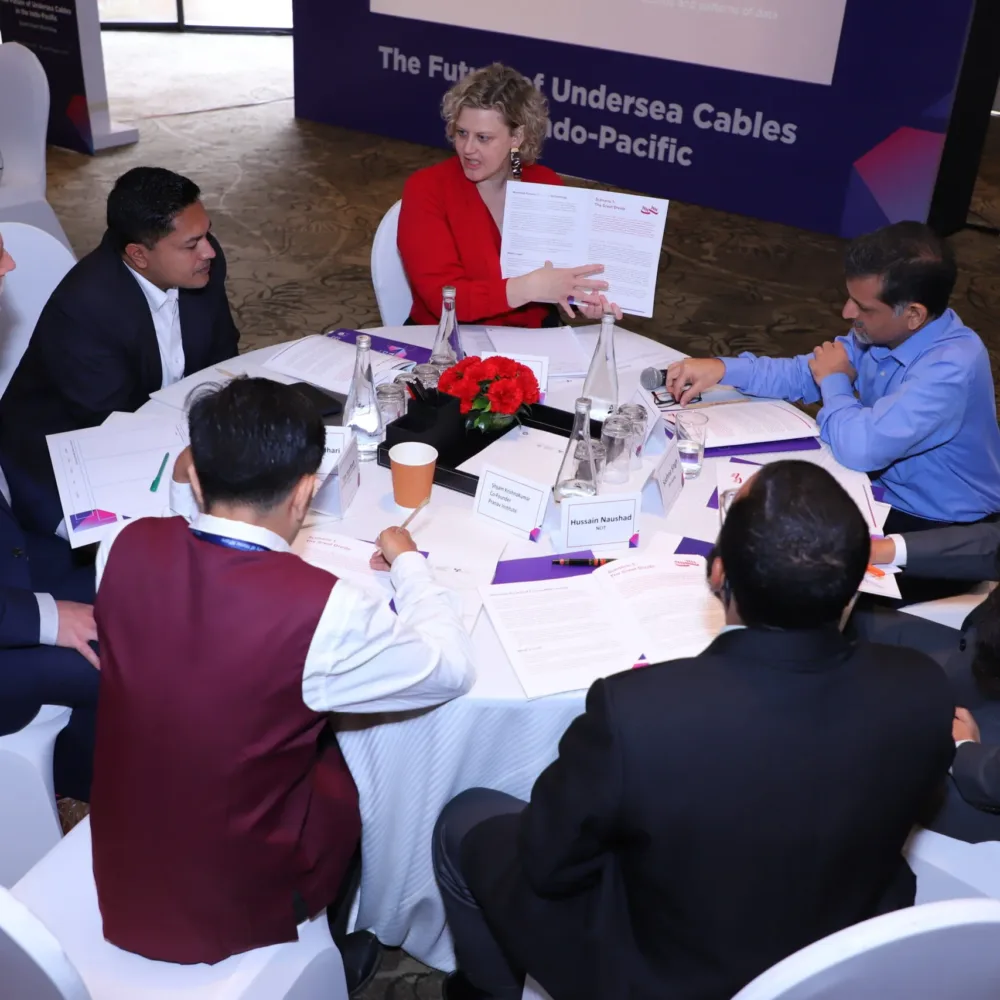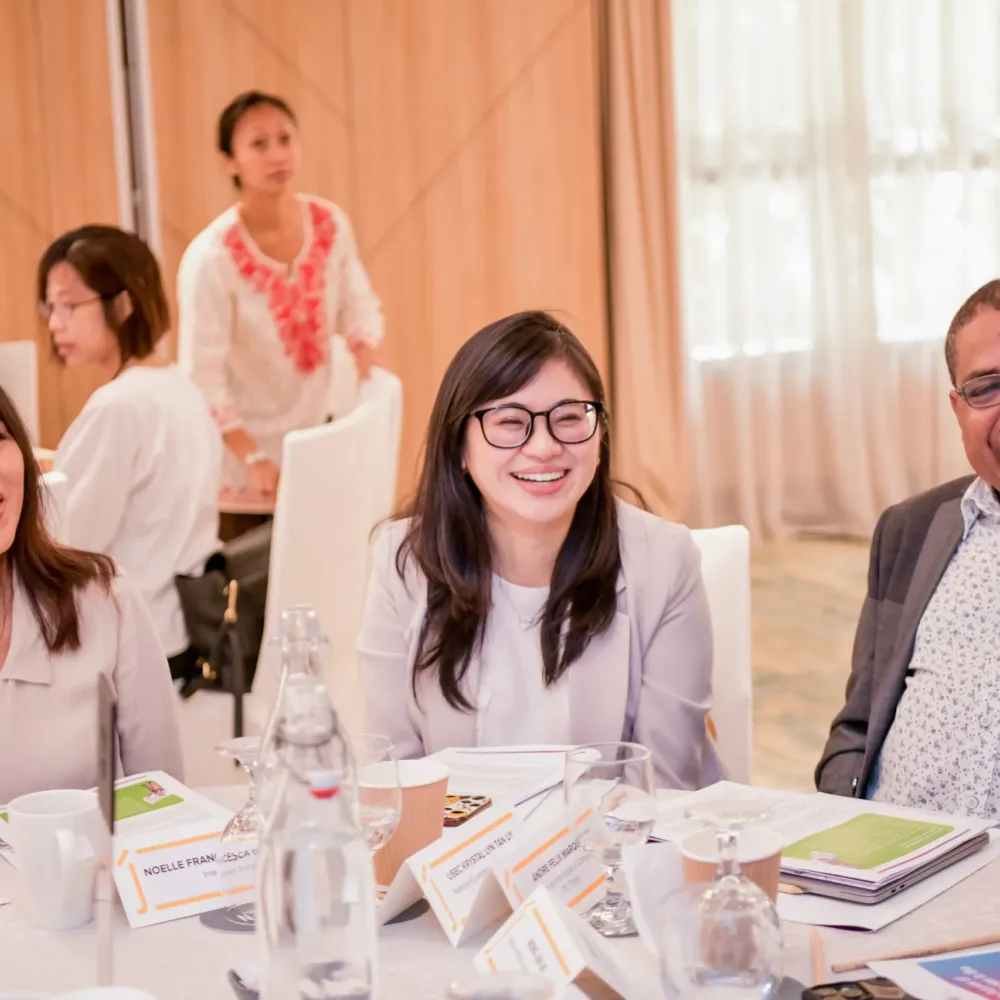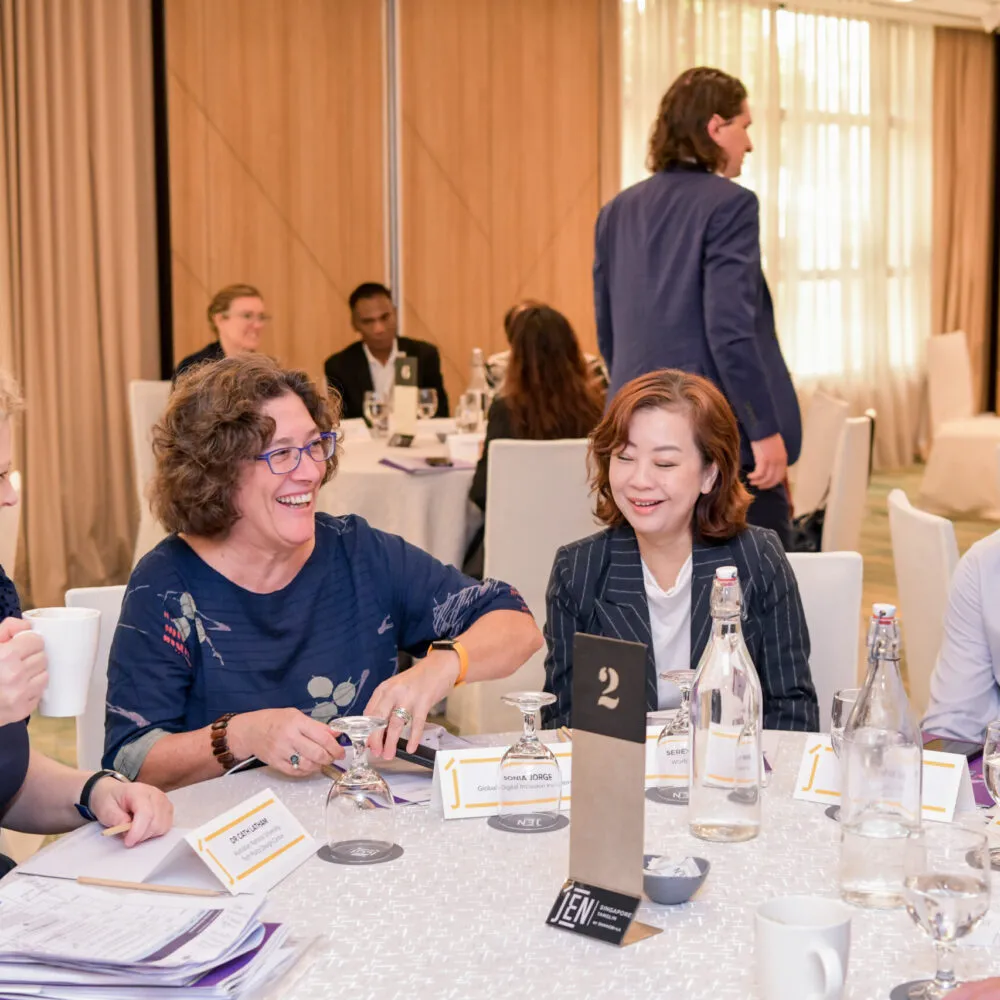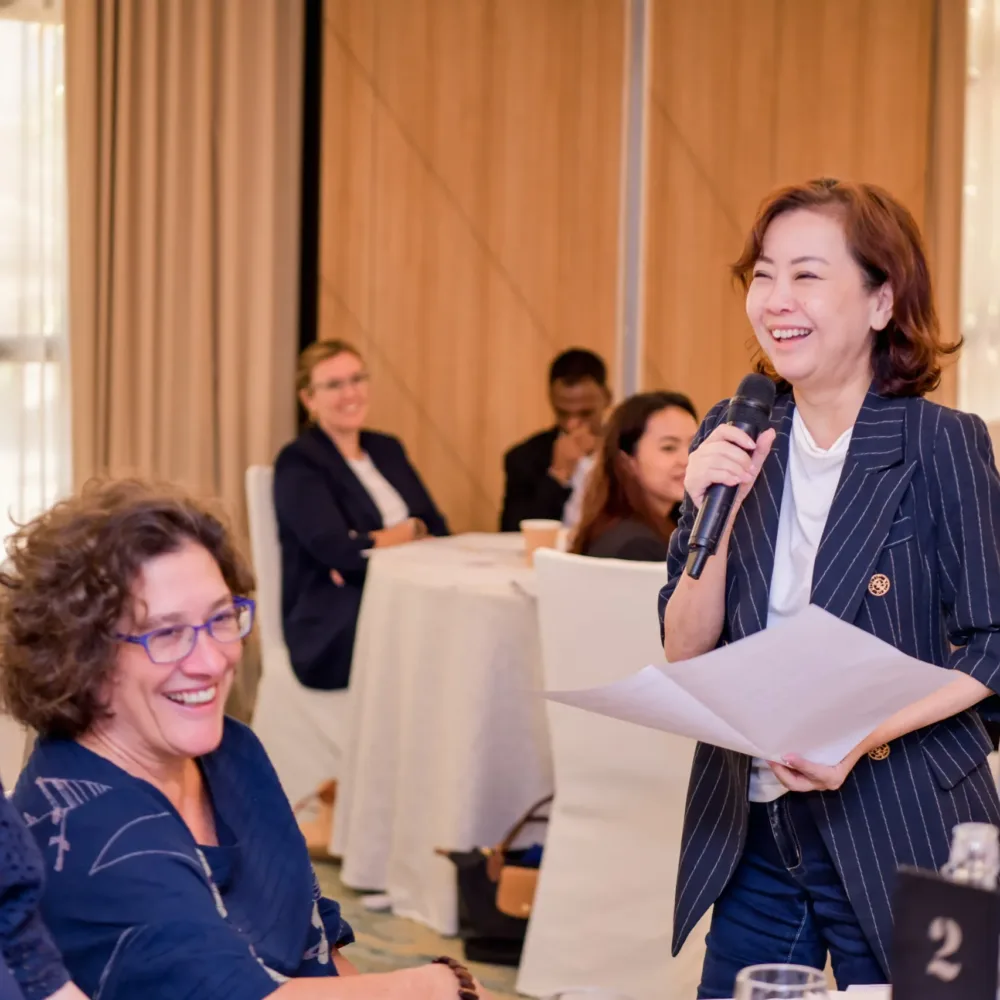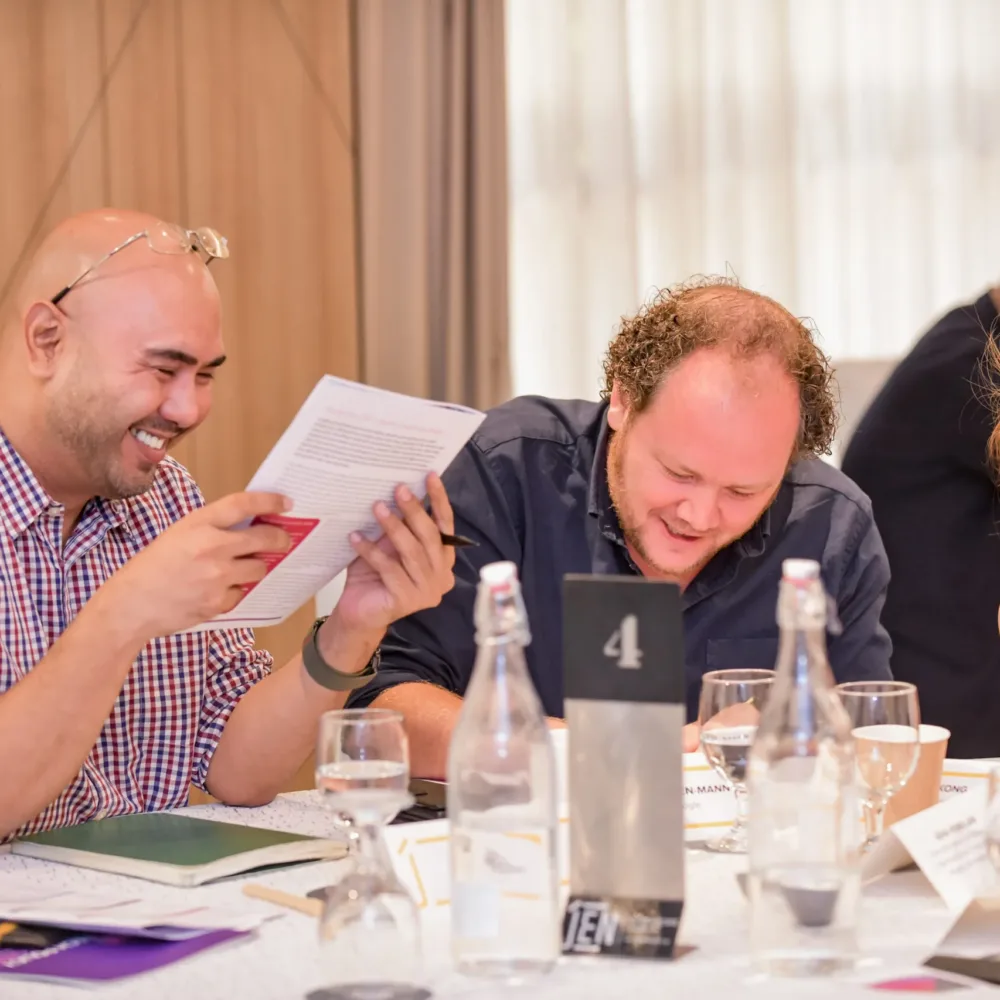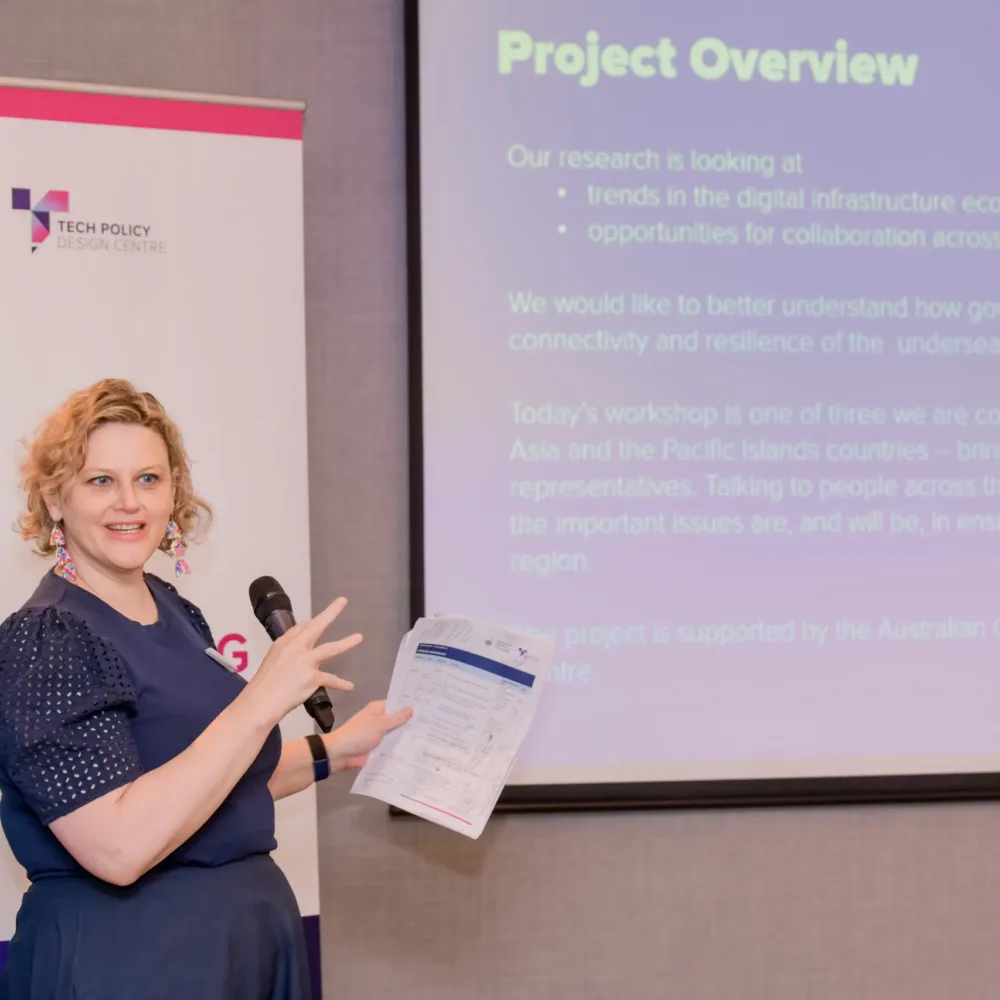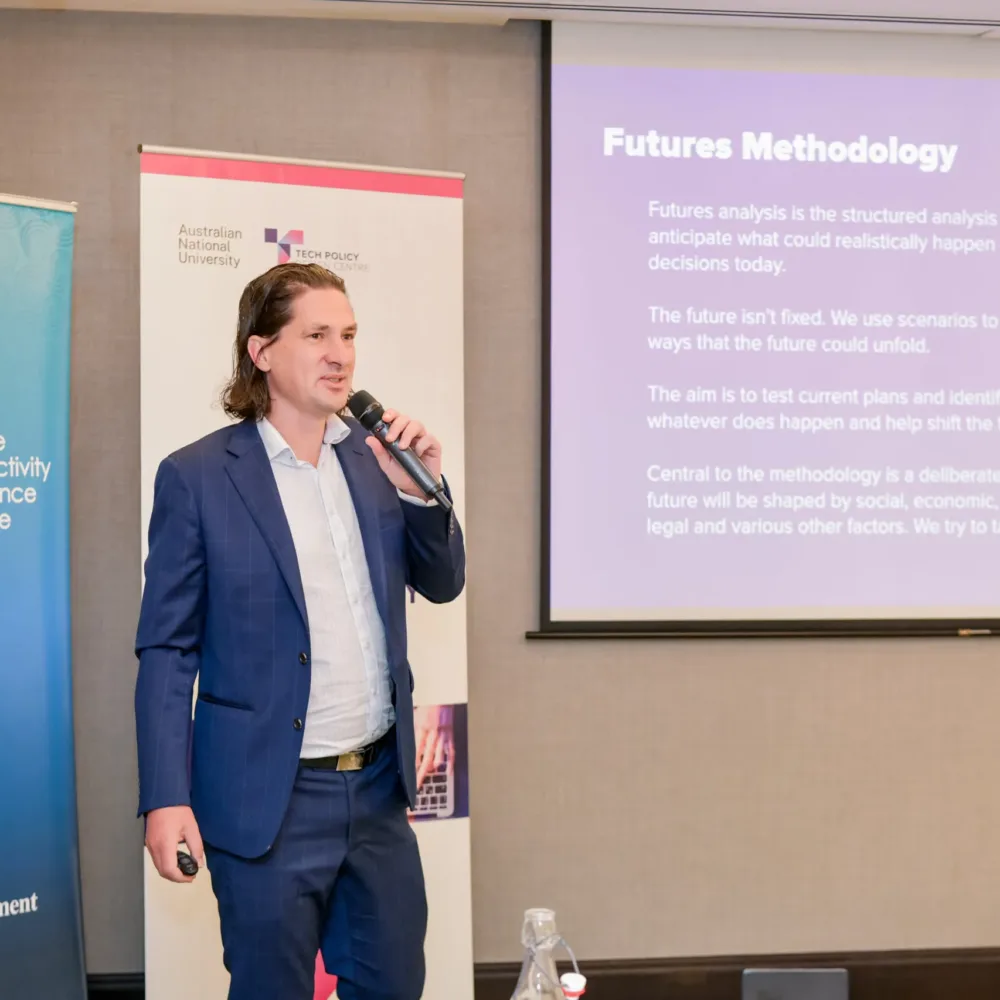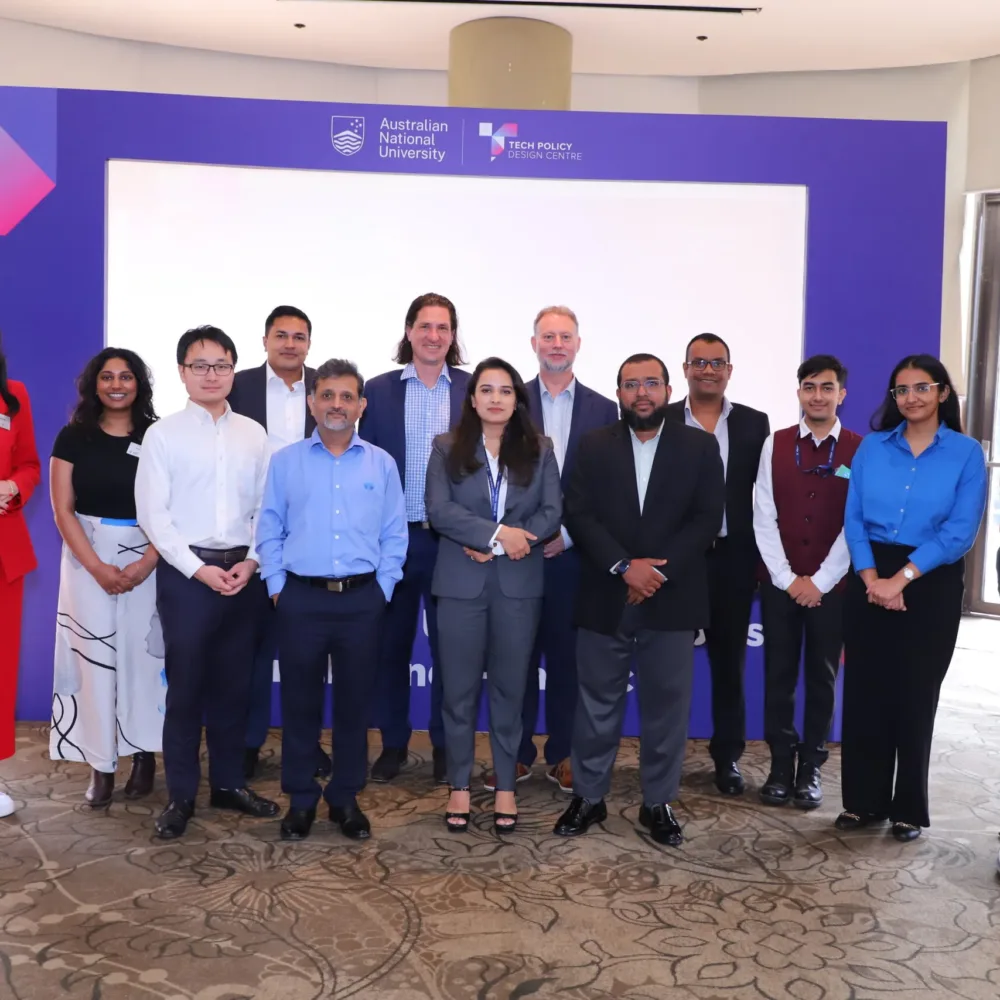Project Futures of Undersea Cables in the Indo-Pacific
The Tech Policy Design Institute, supported by the Australian Government’s Cable Connectivity and Resilience Centre, is leading a project to map out undersea cable requirements to support future connectivity needs in the Indo-Pacific region.
This project examines trends and risks in the Indo-Pacific’s digital infrastructure environment by exploring a set of fictitious but plausible scenarios about the undersea cables industry and network as it could be in 2045. These future scenarios are being discussed with diverse groups of tech experts and leading sector stakeholders from government and industry across the region to test the impact of possible social, environmental, and economic factors on the Indo-Pacific region’s connectivity needs, resilience, and opportunities for growth.
The findings of this work will inform the development of a public report which will include revised scenarios for connectivity in the region and actionable recommendations for governments to maximise the connectivity and resilience of the Indo-Pacific cables network and prepare the region for the future.
Project Overview
Methodology
The project involves conducting three in-region workshops to discuss three possible future scenarios for undersea cables in the region. By asking participants to discuss the future of undersea cables, we empower decision-makers to think about different future trajectories the world could be on and the consequences of different choices they could make today.
Questions discussed at workshops include:
- What does optimal connectivity in the future mean for different sub-regions?
- What kind of undersea cable infrastructure are we going to need to support connectivity needs in 2045, considering projected growth in demand and other network technology solutions (such as satellite networks)?
- What do governments in the region need to do between now and 2045 to work with the private sector and encourage investment in the network?
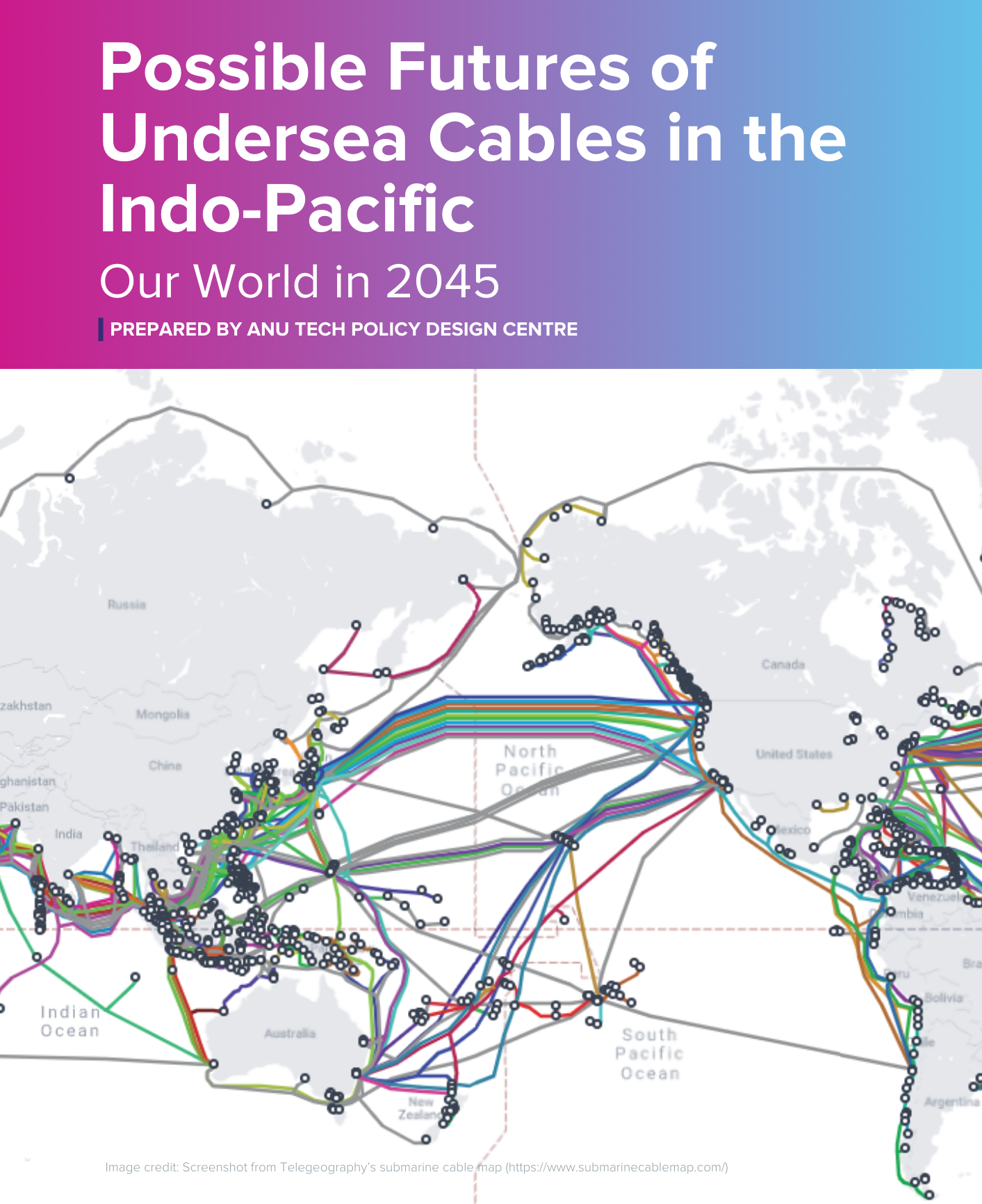
Expected Outputs
Three workshops aimed at revising and refining fictitious but plausible scenarios of future connectivity in the Indo-Pacific. The discussions at the workshop will inform a public report which will include the revised and finalised scenarios.
Expected outputs include:
- Practical recommendations that will outline what governments in the Indo-Pacific can do at the regional level to support future connectivity needs via the undersea cables network
- Challenging but plausible scenarios of Indo-Pacific connectivity in 2045
- A facilitator guide for decision-makers to use when designing future-facing solutions
- Multimedia visuals and materials to support and enhance the findings in the public report
Project Partners
This project is supported by:
Cable Connectivity and Resilience Centre:
The Cable Connectivity and Resilience Centre is designed to work with governments and industry across the Indo-Pacific to support the effective development and management of undersea telecommunications cables, including by providing technical assistance on policy and regulations, commissioning research and analysis, and supporting dialogues and knowledge-sharing activities.
In collaboration with:
NSC Futures Hub
The ANU National Security College (NSC) Futures Hub assists policy makers to practically investigate the future. The Futures Hub is a whole-of-government and whole-of-nation resource to support thinking, planning and policy work through examining strategic futures on issues in Australia’s national interest.
Tech for Good Institute
The Tech for Good Institute is a non-profit organisation on a mission to raise understanding of issues and inform policy so that the promise of technology and the digital economy may be leveraged to advance inclusive, equitable and sustainable growth. Our work focuses on topics at the intersection of technology, society and the economy, and that are intrinsically linked to the development in South-East Asia but connected to the rest of the world.
Tech for Good Institute is based in Singapore.
With expert advice from:
Dr Ryan Young, Director, Research & Methods, ANU National Security College Futures Hub, who works with a range of organisations to integrate analysis of long-term trends and potential futures into effective everyday decision making.
Alan Mauldin, Research Director, TeleGeography, providing a technical perspective on undersea cables and future network planning.
Elina Noor, who is an expert on the interplay of international relations and technology in the Indo-Pacific region and a Senior Fellow at Carnegie Endowment for International Peace.
Workshops
TPDC hosted three workshops in Singapore, New Delhi and Melbourne to get regional insight into connectivity needs across the region. In these workshops, three distinct possible future scenarios of cable connectivity was presented to participants, who then discussed the plausibility, desirability, and how to refine these possible futures.
The discussions from these workshops will inform the outputs the research project that is examining trends and opportunities for collaboration in the digital infrastructure environment in the Indo-Pacific region.

